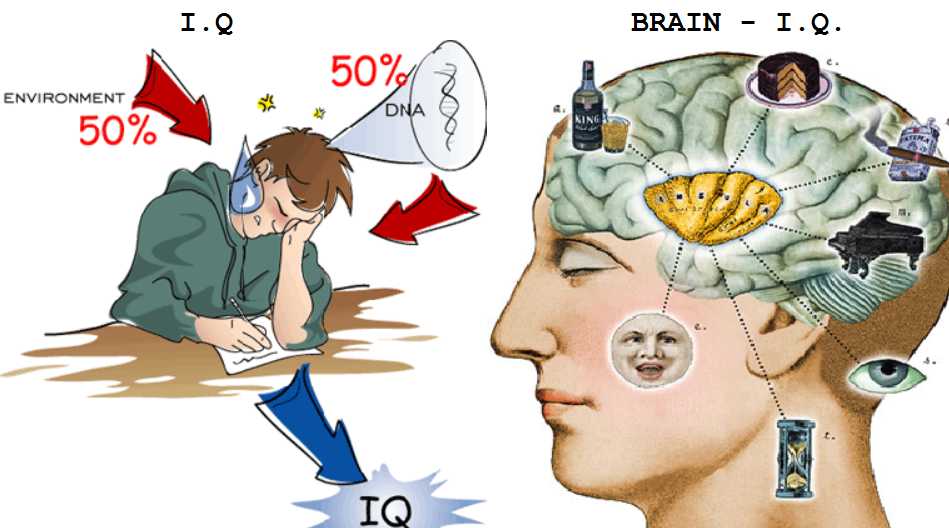187.WHAT IS AN I.Q.?
A person’s mental and physical growth usually correspond. Both types of growth stop at various ages, depending on the individual. For instance, one person may be 1.6 meters tall at the age of sixteen, and never grow taller. But his brother may continue growing until he has reached 1.8 meters at the age of nineteen. Mental growth for most people stops some time during the teens.
If you take all the children born on October 10, 1947, for example, and examine them today, they will be different in physical development. Some will be tall, some average, and some short. But they will also differ in mental development. Some will be bright and able to learn new things easily, some will be average, and some will be very slow in their ability to learn. This difference in mental development may be considered a difference in mental age.
While we can measure the height of a person, how do we measure mental development? A series of mental tests have been worked out for this purpose. Here is how it is done: First we find out which problems can be resolved by children of various ages. Six-year olds can do certain problems; eight-year olds can do others, and so on.
Now suppose we give the test for six-year olds to various children. A few four-and five-year-old children can also do them. On the other hand, there may be children ten or twelve years old for whom they are too difficult. So now we have a way of measuring intelligence. If a six-year-old can do just the six-year-old test, he is average. If a child of four or five can do this test, he is superior. If a ten-year-old can’t even do the six-year-old test, he is retarded.
The letters “I.Q.” are an abbreviation for “intelligence quotient,” which is a way of describing the results of these tests in mathematical terms. For example, a six-year-old child with a mental age of six has an I.Q. of 100. The mental age is divided by the chronological age (age in years) and then multiplied by 100. If a five-year-old has a mental age of six, his I.Q. is 120 (six divided by five, times 100). I.Q.’s between 90 and 100 are average; those above 110 are considered superior.



Leave a Reply